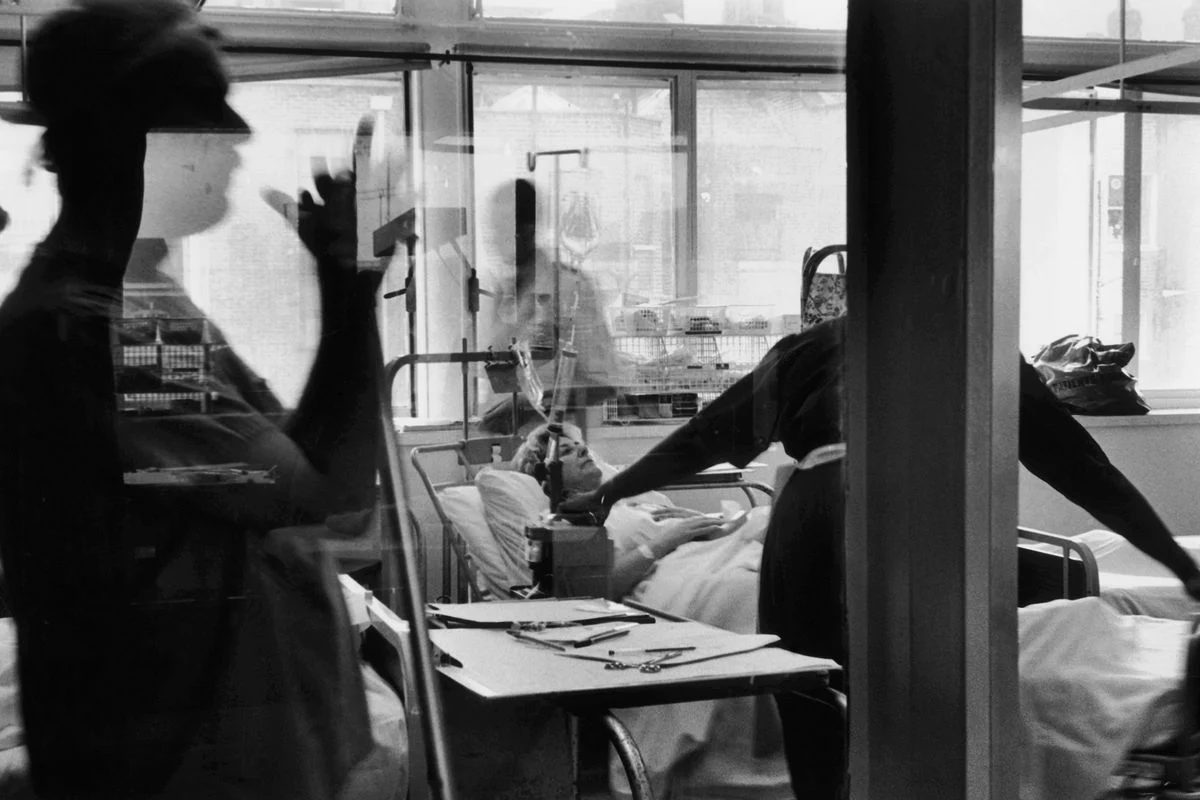- Down The Rabbit Hole
- Posts
- 🌀🐇 #267 self-forgiveness, birdwatching, negative capability
🌀🐇 #267 self-forgiveness, birdwatching, negative capability
Plus Finding Wonder in Everyday Life

⚡️ Enlightening Bolts
🚪 Where Wonder Went Episode 3: How to find wonder in everyday life. Listen here.
🙏 Notes on Self-Forgiveness: A few brief thoughts on the psychology of self-forgiveness Read it here.
🦜 Birdwatching Is Having a Moment: And we need to talk about it. Read it here.
➖ Negative Capability in a Culture of Mastery: Or why we should listen to John Keats. Read it here.
🎇 Image of The Week

Photo taken by Lars Leber: “Comet C/2025 A6 (Lemmon) over Great Sand Dunes National Park, Colorado yesterday evening [October 21st]. This is not a composite or focal blend but a real scene at 200mm.”
🗺️ A Rift in Your World Model
Here’s a snippet the latest episode of Where Wonder Went:
“The world we see is not the whole of the world, right? We've assembled these models of the world around us. We have built very useful models that give us a great degree of skillfulness in navigating the world in order to meet our aims. But these models are instrumental, not comprehensive. And occasionally they can break down through some kind of rift that happens that causes the model to basically recognize that it had failed to account for something gargantuan.”
🪞 Love After Love
Sink into this piece by Derek Walcott:
The time will come
when, with elation
you will greet yourself arriving
at your own door, in your own mirror
and each will smile at the other's welcome,
and say, sit here. Eat.
You will love again the stranger who was your self.
Give wine. Give bread. Give back your heart
to itself, to the stranger who has loved you
all your life, whom you ignored
for another, who knows you by heart.
Take down the love letters from the bookshelf,
the photographs, the desperate notes,
peel your own image from the mirror.
Sit. Feast on your life.
🤓 Learn This Word
Verpeilt: A German word that refers to regularly forgetting things and not being in the present moment enough to organize your life properly
🕸️ From Around The Web
Learning to not-know

“Even though Paul Han hasn’t worked as a physician in more than a decade, he still vividly remembers being wrenched awake at 3 am by phone calls from patients. I’m having chest pain, they would say – and, with little else to go on, Han had to advise them on what to do next. Should they go to the emergency room or wait until morning for a regular appointment? If they did go to the ER, were they safe to drive? Would they need an ambulance? Above all, how dire was this?
Han would lie in bed deliberating the options in his head. ‘I’m going to sleep better if I send them to the emergency room,’ he says now, ‘but I know that I’m using resources, it’s inconveniencing everyone, and it may be all for nothing.’ He sometimes lost sleep fretting about the consequences of his eventual decision, calling patients back hours later to make sure they were all right.
Uncertain situations like this are far from rare in clinical practice, where doctors like Han are up against ambiguous symptoms and unpredictable treatments every day. Because medical knowledge is incomplete and constantly evolving, clinical work is often more about testing hypotheses than nailing down a definitive answer. ‘There’s nothing magical about most diagnoses,’ explains Jonathan Ilgen, who researches medical uncertainty at the University of Washington in Seattle. Of course, Ilgen says, some diagnoses, such as viral infections, can be definitively established through testing – but clinical diagnoses, which doctors determine by collating data from various sources, are more ‘socially generated hypotheses’ than anything else.
What Han found strange, however, was how no one around him ever talked about this pervasive uncertainty. His training didn’t touch on the nerve-wracking moments where Han would have no idea what to tell a patient; instead, he was forced to come up with his own strategies, such as a personal rule saying that, if he would stay up all night stressed about a patient, he should send them to the ER. Meanwhile, Han’s fellow physicians presented themselves as experts who never hesitated; faced with uncertainty, they seemed to issue decisions and emotionally disengage.”
🎬 Endnote
How was this issue? |
I hope you enjoyed this issue of Down The Rabbit Hole. Feel free to reply and tell me what you think.
Want to help spread the word?
I love sharing these gems of wisdom and wonder with you each week. If you love receiving them and want to help me spread the word, here is one quick way you can do that:
Forward this email to one friend.
That's it. It will take 5 seconds and will help me spread the good vibes and reach more people. I appreciate you.
With Wonder,
Mike Slavin
